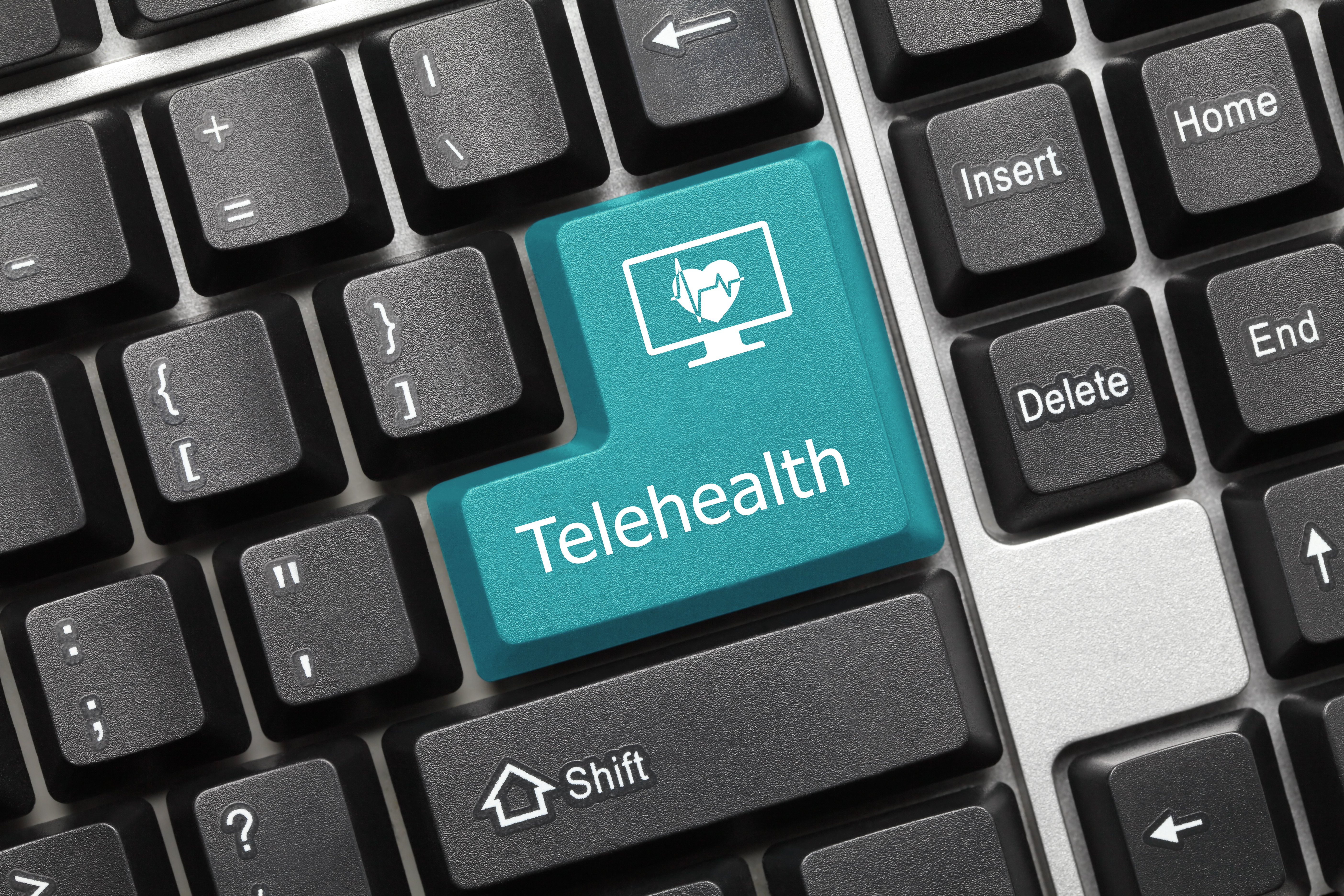Telehealth as a care delivery medium was always acknowledged for the advantages it brought. But it was never adopted into the mainstream, that is, until we faced the COVID-19 pandemic challenge. The pandemic saw telehealth emerge as a sustainable solution ensuring that patients do not have to be deprived of medical consultation and treatment. This not only reduces the exposure to risks but also protects the providers by reducing their exposures, thus curbing the spread.
Telehealth is being aggressively adopted by both physicians and patients leading to the most phenomenal growth this space has ever seen. Practo’s Insights report clearly states the response has skyrocketed to this new norm with a 500% increase in online doctor consultations. Since March 2020, online queries for pediatrics witnessed a growth of 350% followed by psychiatry by 200%. Minneapolis-based Zipnosis has shown an increase in their online consultations by 3,600% over the past few weeks.
This global crisis that engulfed many lives has highlighted the value of telehealth. It is being clearly demonstrated that telehealth can help expand access to care and deal effectively with interventions ranging from minor emergencies to mental health. A critical aspect of successfully managing chronic conditions, such as diabetes, hypertension and COPD is care adherence. And where telehealth shines out the most is its easy accessibility.
Regulators are getting involved as well. In a first-of-its-kind step, Indian Ministry of Health and Family Welfare issued detailed guidelines for use of telemedicine during the pandemic. This includes what diseases to be consulted for and how.
This is just the beginning though. New-age technologies, such as IoHT integrations, NLP solutions, and M/L models will unleash the true potential of telehealth. The opportunities are endless. Interesting times lie ahead!

